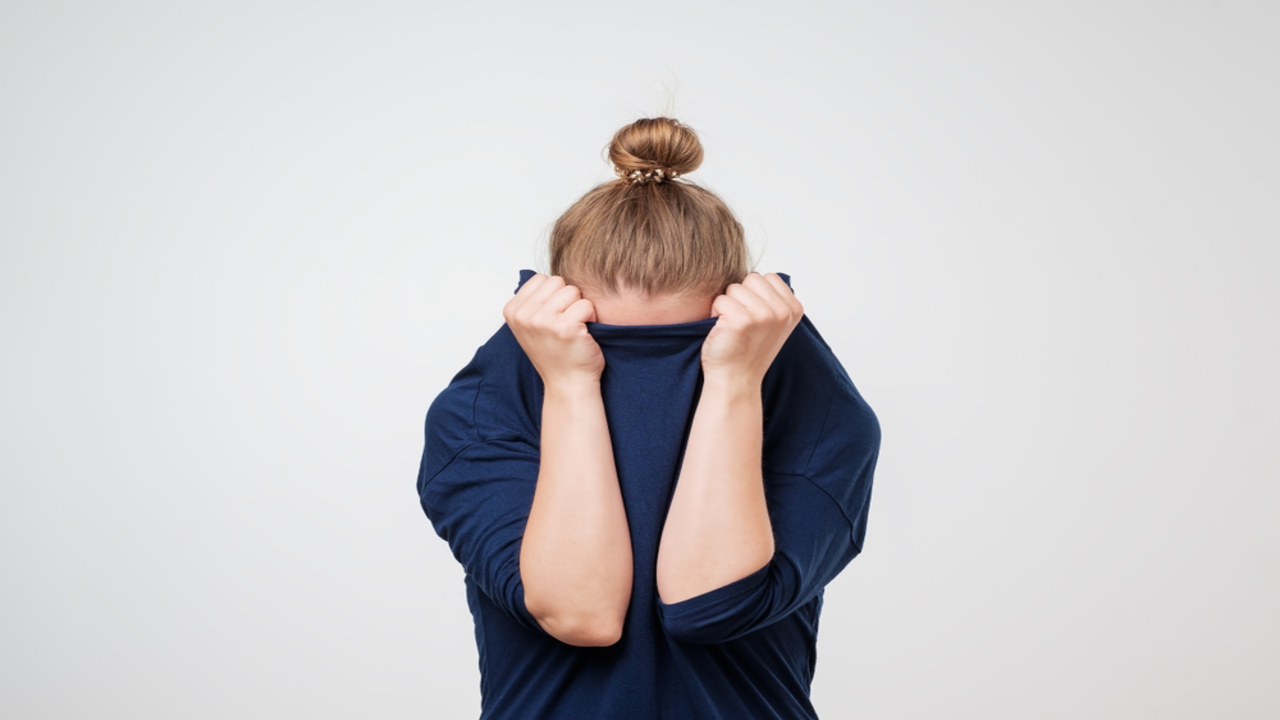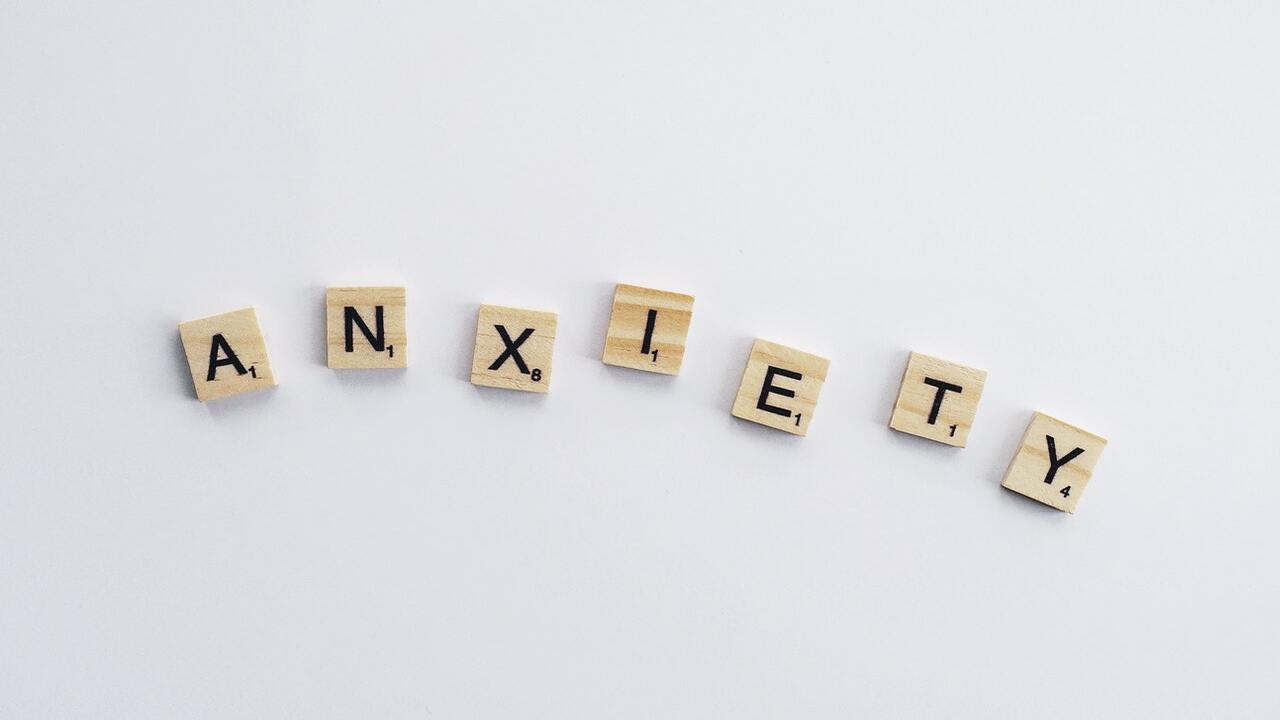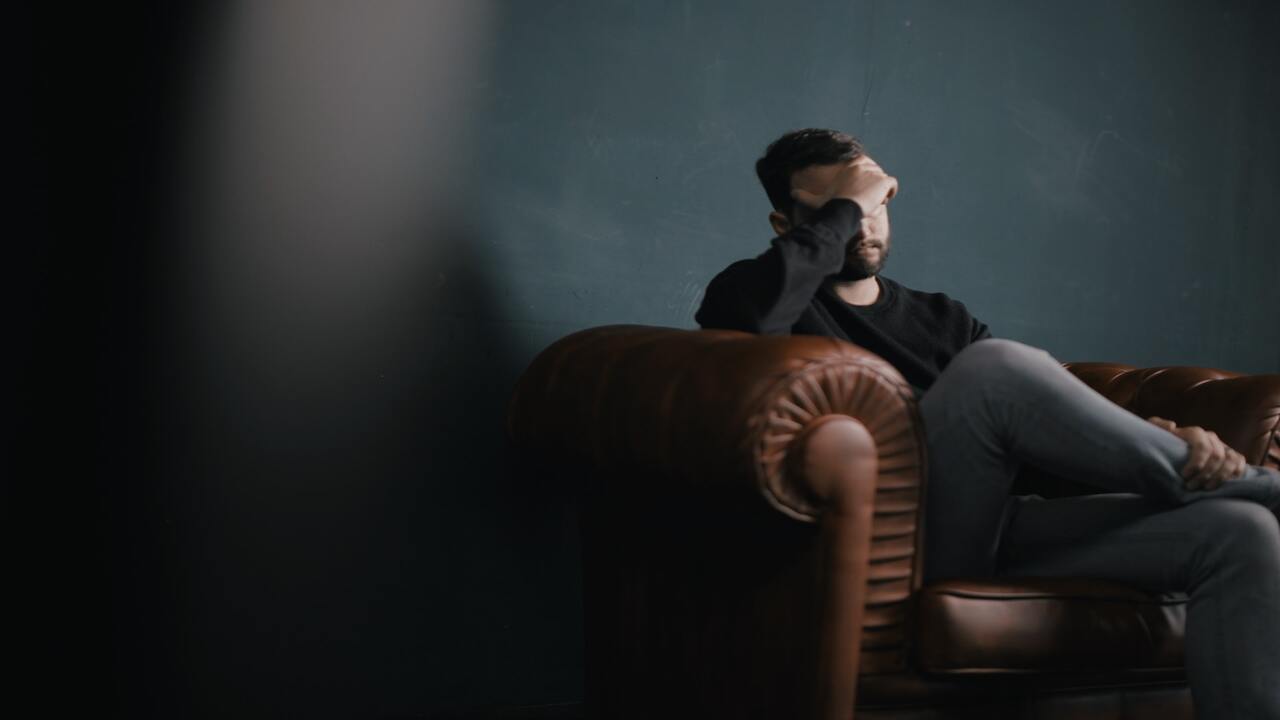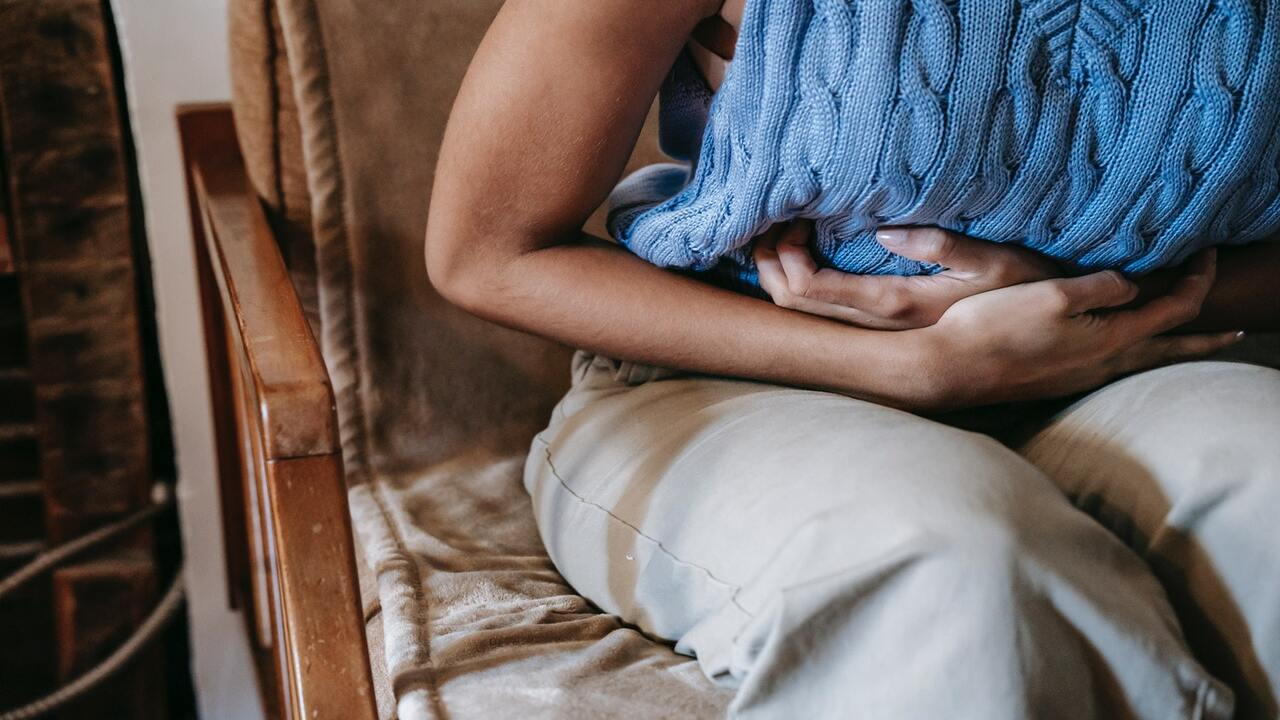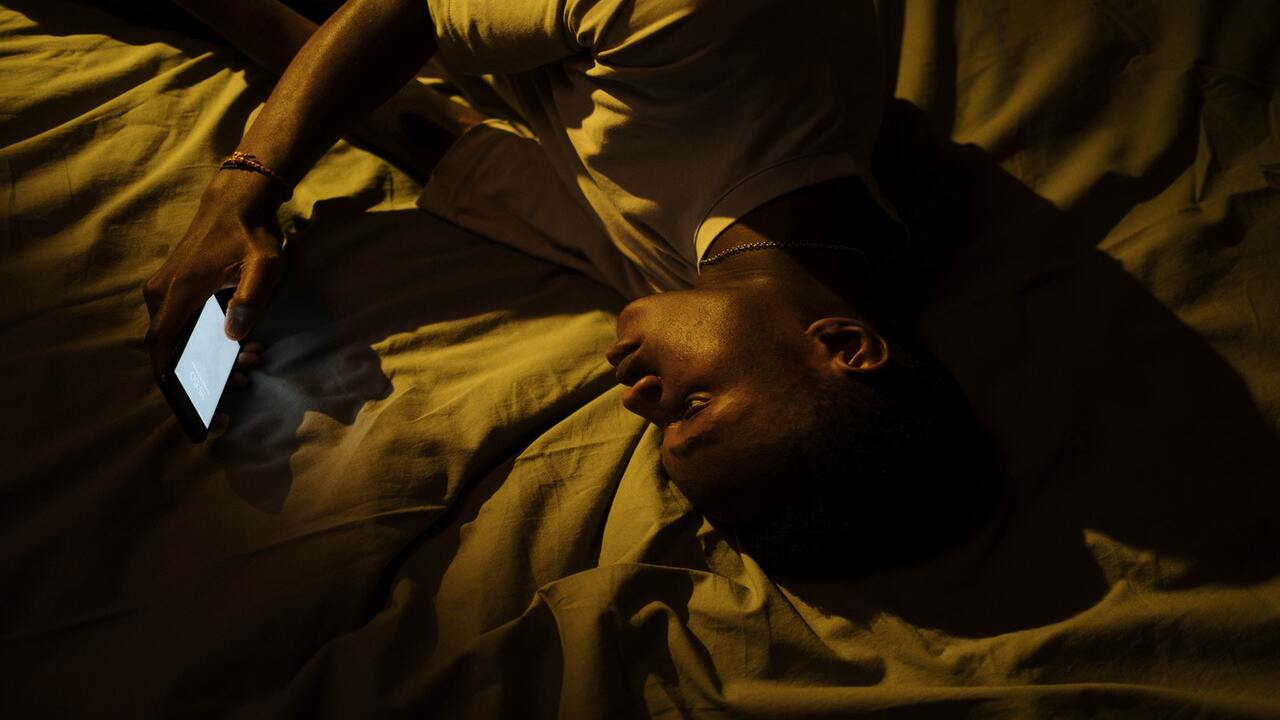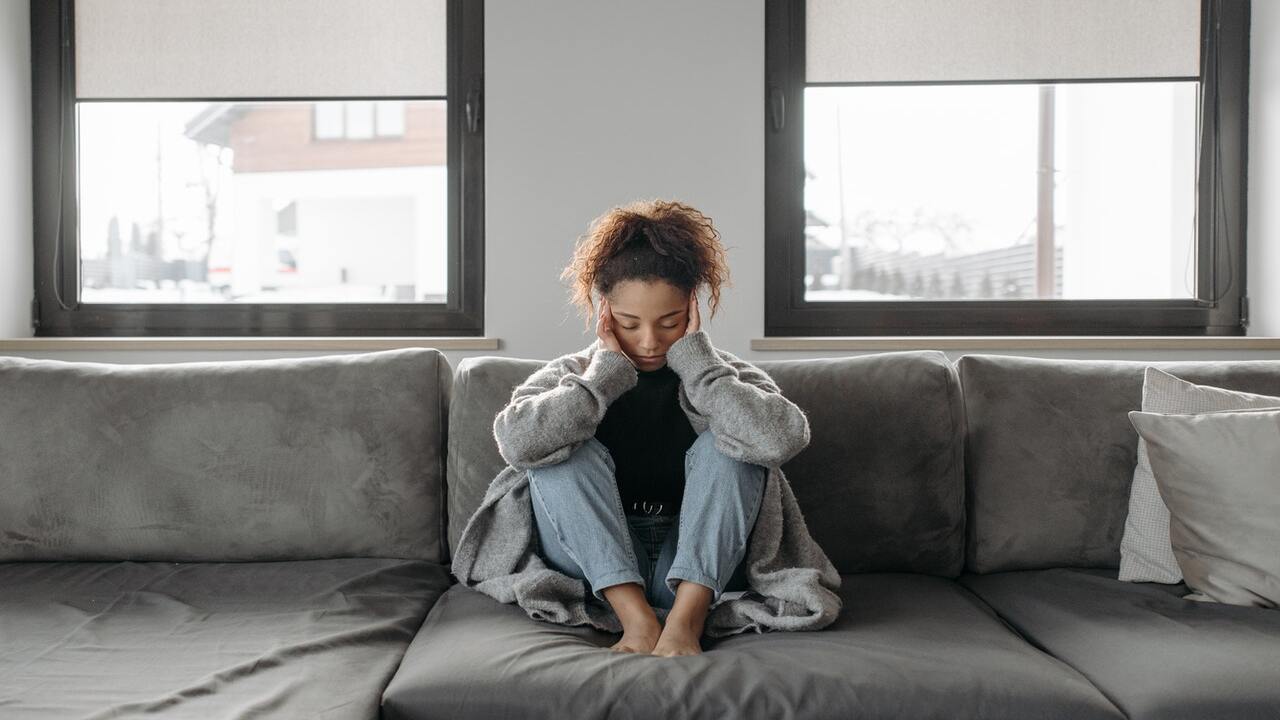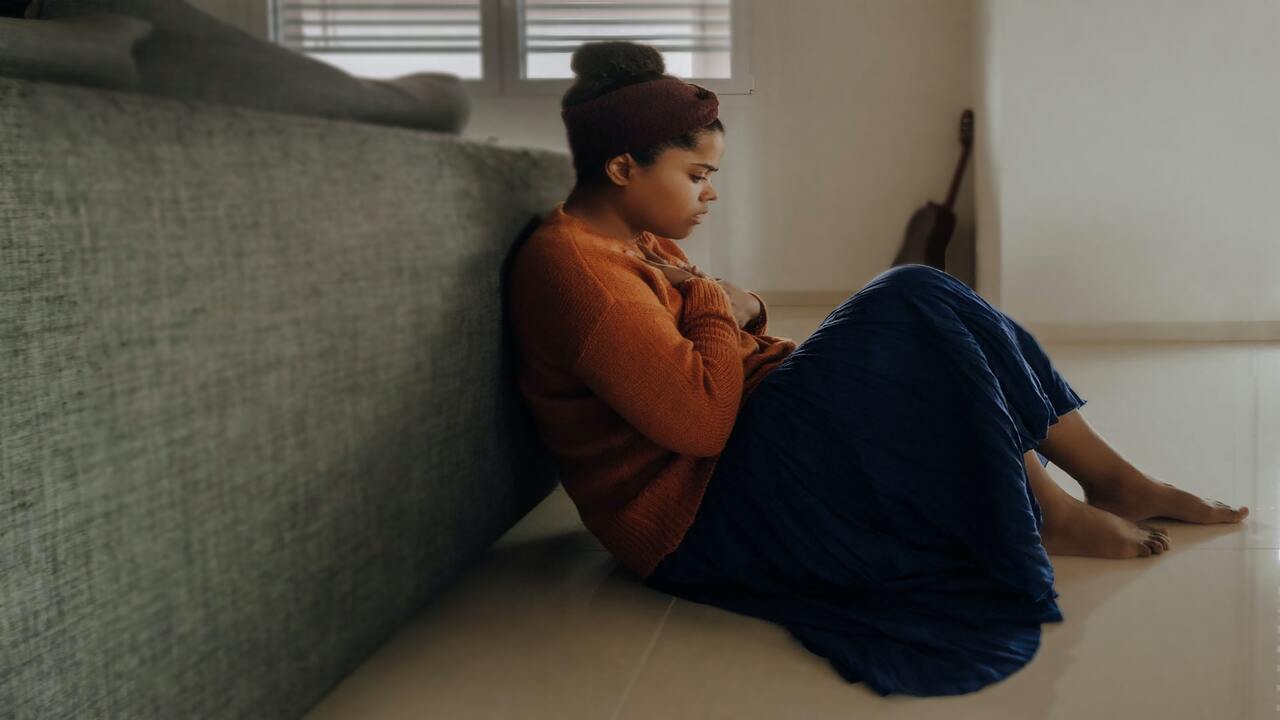Phobias
A phobia is a type of anxiety disorder and is an extreme form of fear or anxiety that is triggered by a particular situation or object. Phobias can sometimes become very severe, meaning that the phobia is impacting your daily life. You don’t even have to be in the situation that you fear to experience the symptoms of panic. The brain is able to create a reaction to the events when you are not in the situation. The origin of the phobia is often associated with a traumatic or unpleasant event in life, or it can be triggered during a time of high anxiety. The subconscious, noticing the high anxiety, steps in with a panic behaviour which is then associated with an object, place or event.
The symptoms of a phobia can vary for everyone. The severity of the symptoms can also vary. Some of the common symptoms of phobias include:
• Sweating
• Hot flushes or chills
• Trembling
• Nausea
• Headaches
• Rapid heartbeat
• Tightness in your chest
When should you seek help?
It can be difficult to know when to seek help for a phobia. Phobias are a type of anxiety disorder. It may be time to consider seeking treatment for your phobia if:
• Avoiding the trigger situation, object, place, or activity affects your daily life
• It keeps you from doing the things you enjoy
• It causes intense fear, anxiety, or panic
• You have suffered from the phobia for at least 6 months
• It stops you from getting support for other health problems
• You recognize that the fear is out of proportion with the danger
What causes a phobia?
There are numerous factors that may contribute to developing a phobia. These include:
- Past incidents or traumas. For example, if you experienced being injured by a cat a few years ago, you may develop a phobia of dogs.
- Long-term stress. Stress can reduce your ability to cope in certain situations, which may cause a fear of being in that situation again.
- Childhood experiences and responses. You may have observed a phobia from a parent or sibling, which may have influenced you to feel the same way.
- Genetic factors
All phobias can be treated with hypnotherapy. Some of the most common phobias include:
• Claustrophobia
• Flying
• Dogs
• Wasps/Bees
• Lifts
• Heights
• Spiders
• Being Sick
• Driving
• Needles
• Public speaking
Complex phobias normally have a more overwhelming impact on the sufferer’s life than a specific phobia. Complex phobias tend to develop in adulthood. Examples of these:
- Social phobia, an intense fear in social situations causing you to try and avoid them. This is also referred to as social anxiety
- Agoraphobia, an intense fear of being in places or situations that may be difficult or embarrassing to get out of
How can we help?
Using solution-focused hypnotherapy, we help you disassociate from the fear/phobia, using techniques to allow the emotion to be taken out of the experience. By doing this, we help you develop more realistic thought patterns to ensure you are less affected by the phobia in the future.
For further help and support regarding phobias, these links may be useful:
https://www.nhs.uk/mental-health/conditions/phobias/overview/
https://www.mind.org.uk/information-support/types-of-mental-health-problems/phobias/about-phobias/
